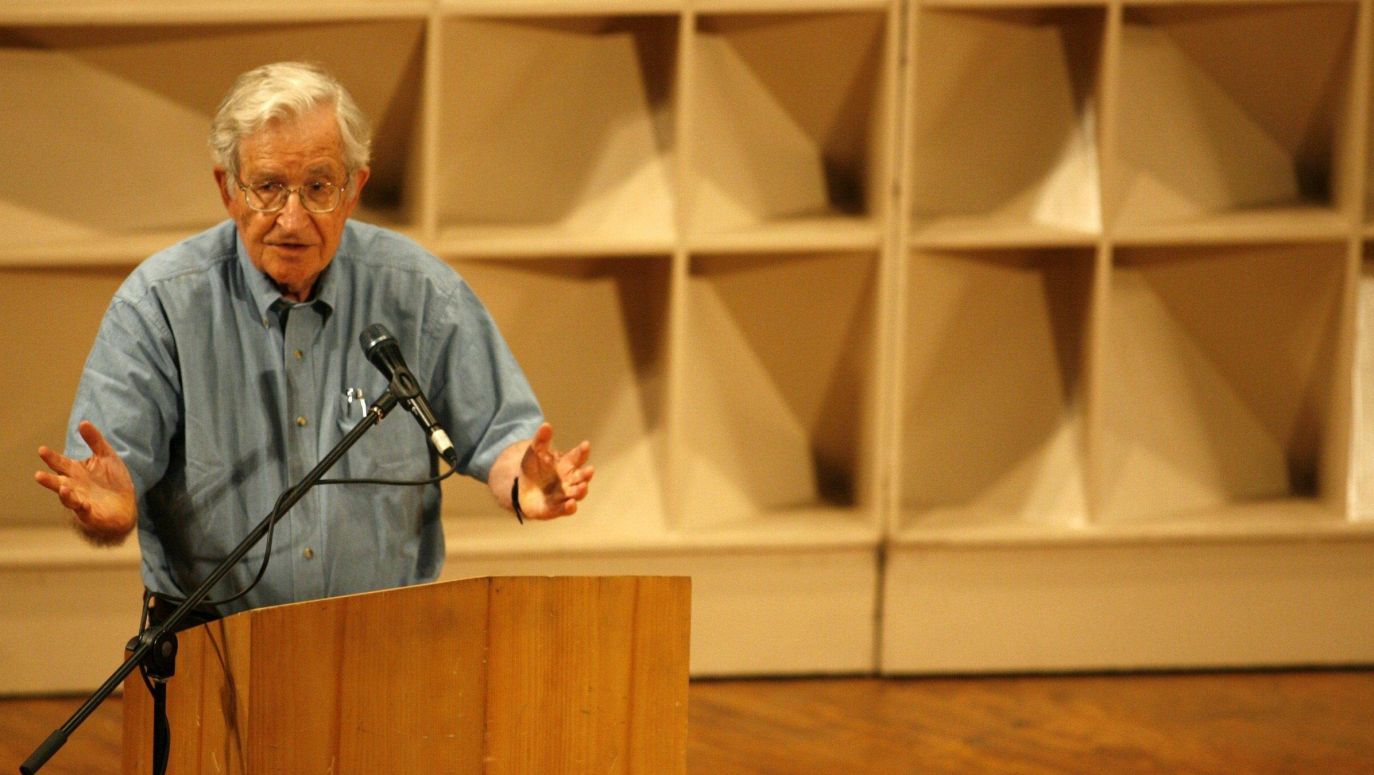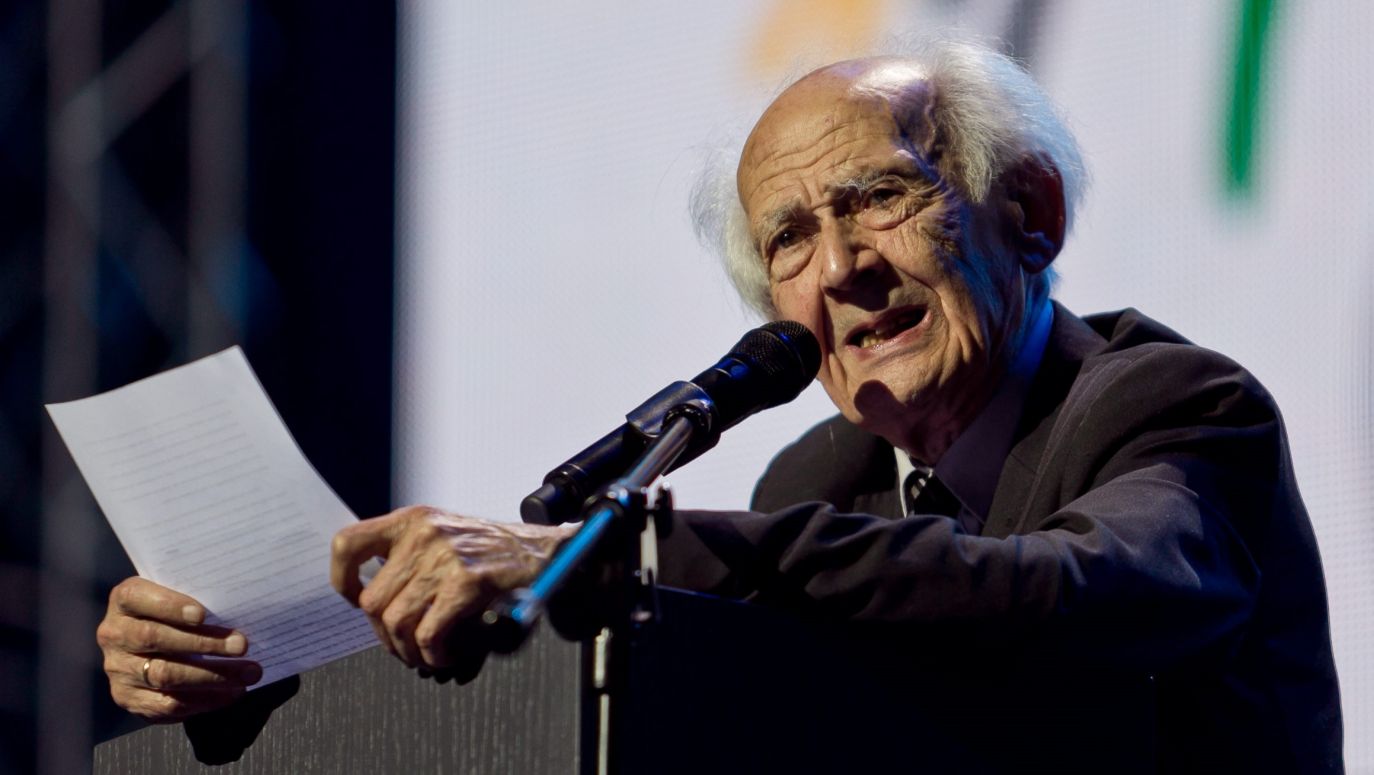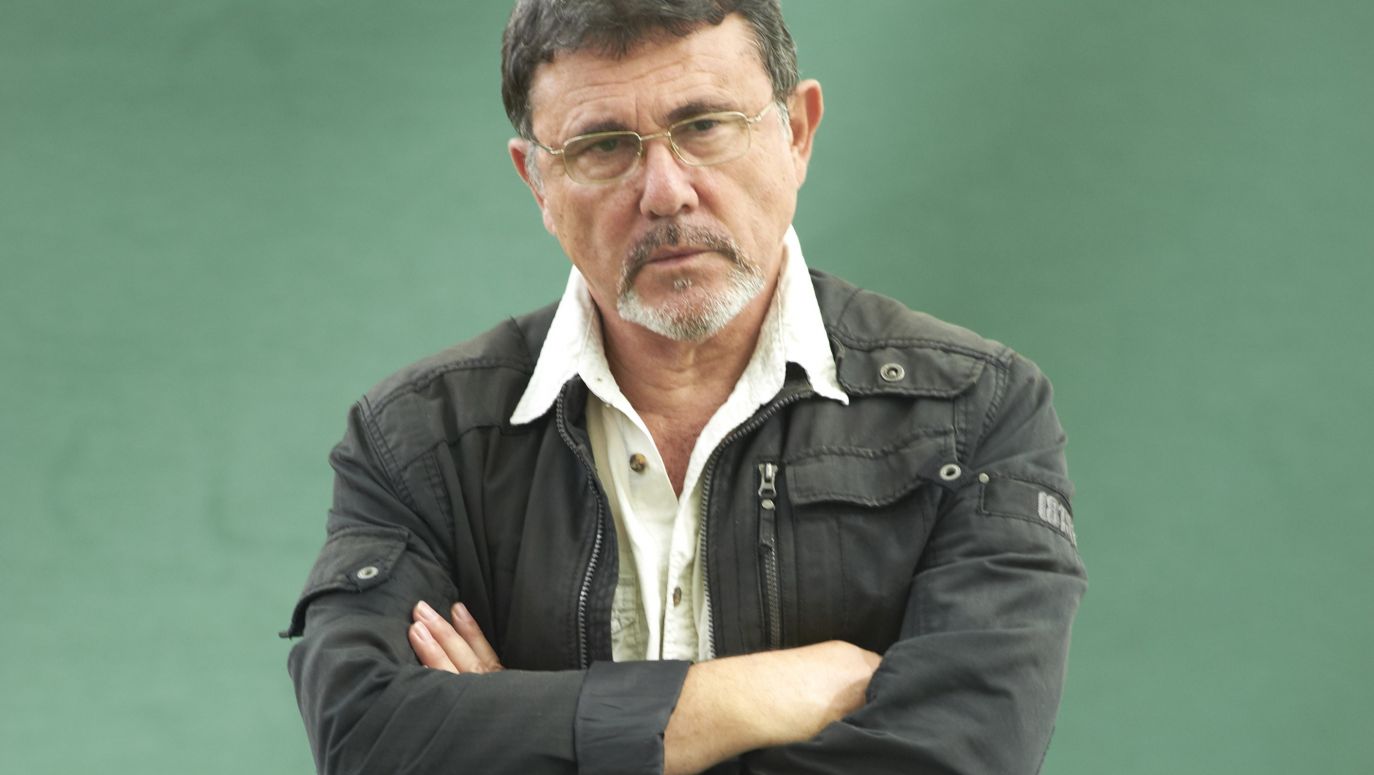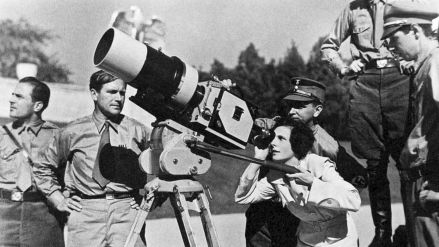This American philosopher (born in 1956) recently gained fame as her 2006 speech at the University of California in Berkeley featured anew on the Internet. Back then, Butler had characterized Hamas and Hezbollah as progressive social movements that are part of the global left.
Her contention is shocking when it is remembered that these two organizations not only stand accused of terrorism (their goal is to annihilate Israel), but that they are also based on Islamic fundamentalist principles. Hamas and Hezbollah are calling for the establishment of sharia law in Muslim-majority societies, meaning that they seek to impose a system of legally sanctioned moral rigorism, which is clearly in conflict with the leftist emancipatory values celebrated by Butler.
 SIGN UP TO OUR PAGE
SIGN UP TO OUR PAGE 
Judith Butler's views are revolutionary. To say that she is a feminist is an understatement. She revises feminism by subordinating it to gender theory. She considers the assumption that there are boundaries between the sexes to be false. For her, gender is a cultural fact, not a biological one.
Butler acts as an advocate for sexual minorities. She is a declared lesbian who lives in a same-sex relationship. It is therefore impossible to imagine that pious Muslims, driven by "sexism" and "homophobia", would recognize her as an authority.
It is worth noting that on October 13th this year, the philosopher stated her condemnation of the massacre committed by Hamas on Israeli civilians a week earlier, yet she made a point of separating this act of violence from the overall resistance of the Palestinian people to the Israeli state. The question remains: is it possible to separate one from the other? It is also worth adding that part of Judith Butler's family on her mother’s side died in the Holocaust.
Noam Chomsky:
Israel is ethnically cleansing Palestinians who have no way to defend themselves
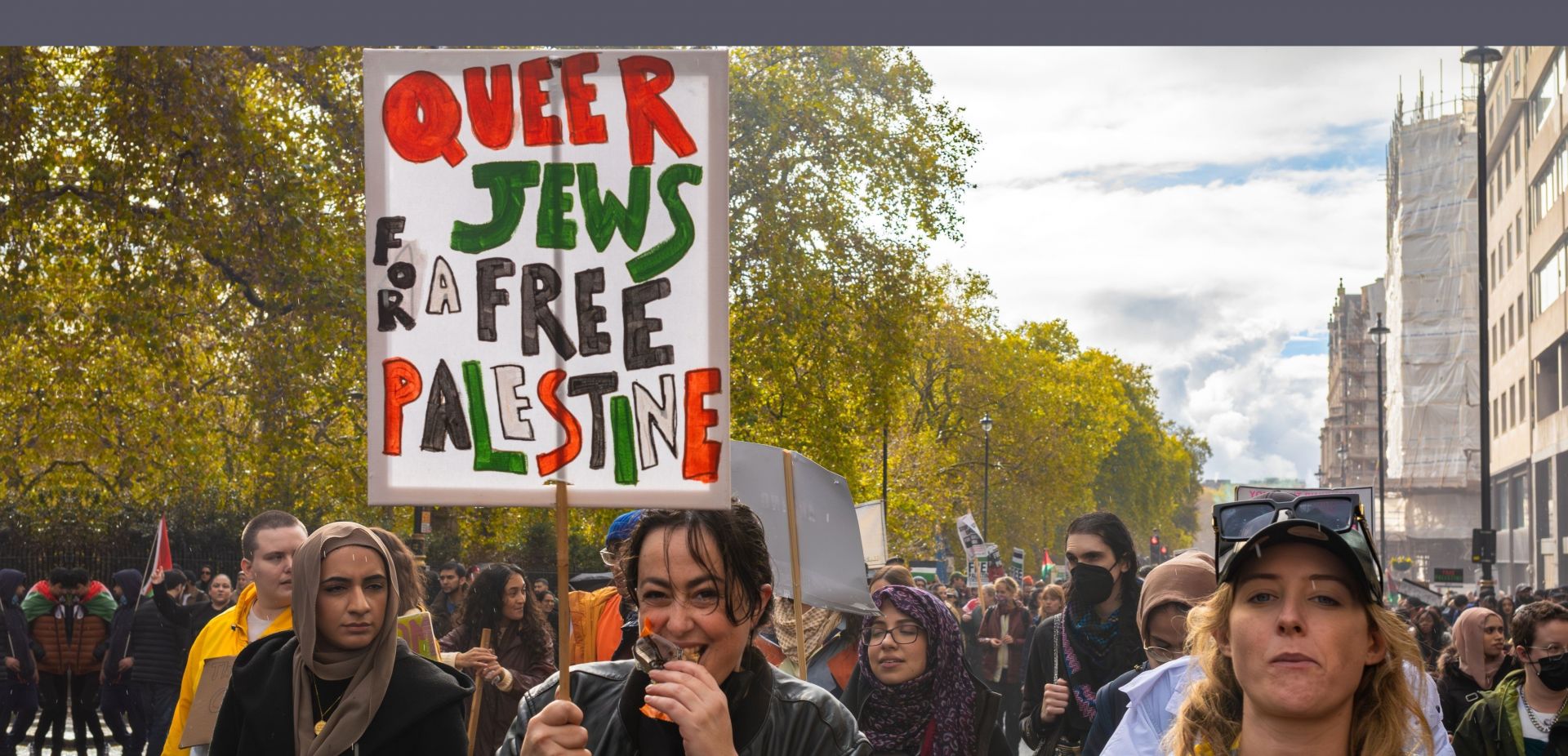
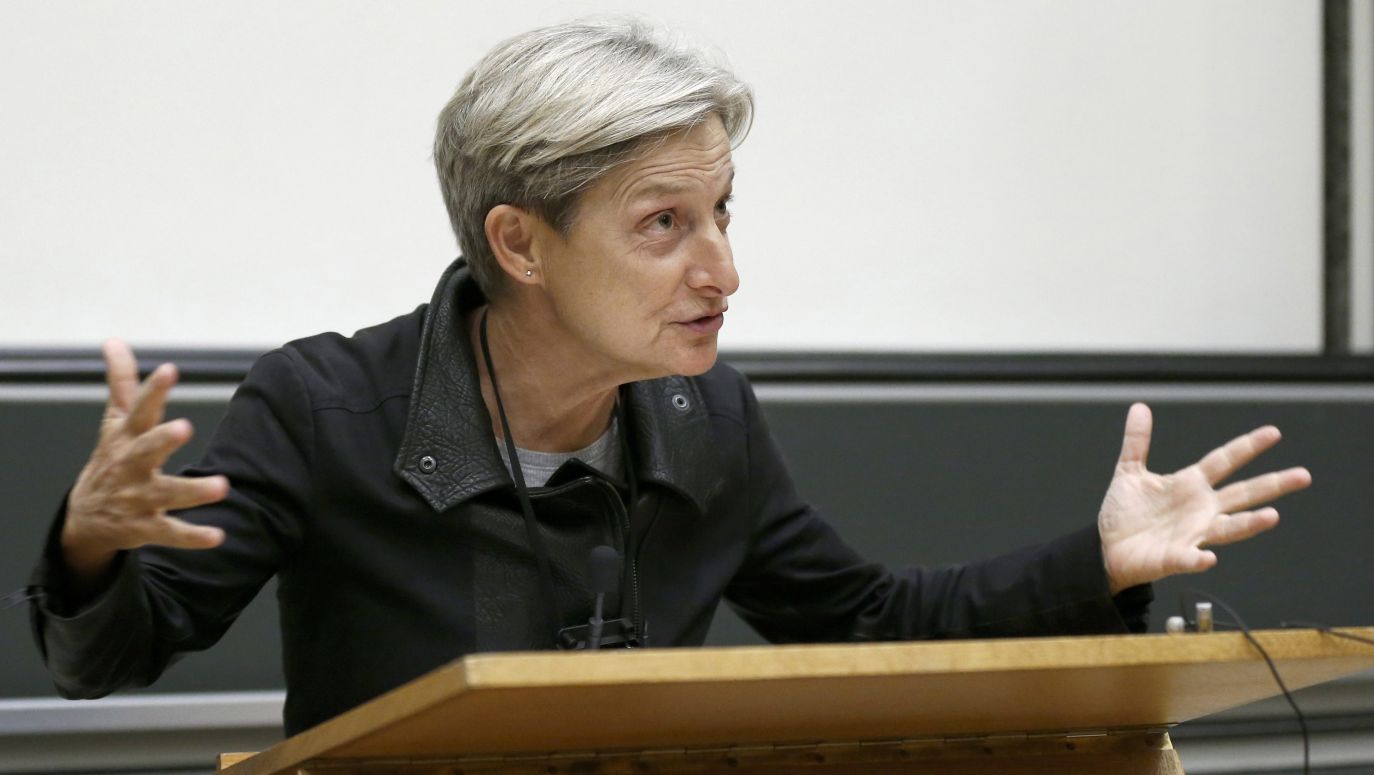
 SIGN UP TO OUR PAGE
SIGN UP TO OUR PAGE 
